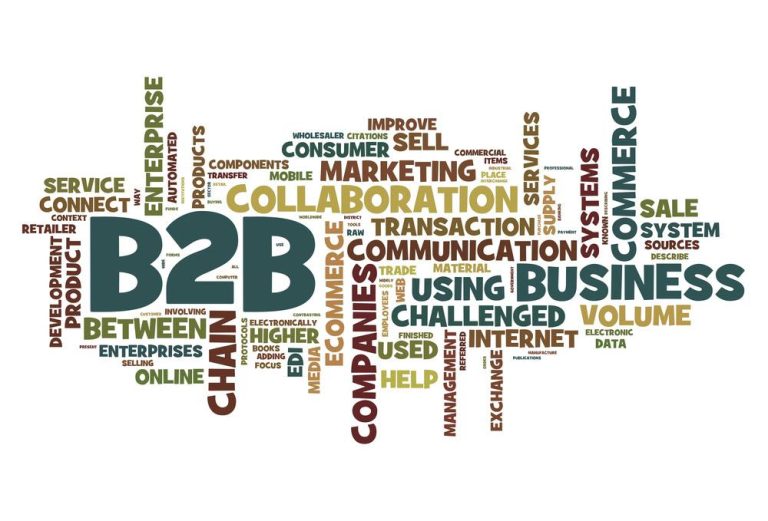Crafting an Effective Marketing Strategy for Your Startup

Crafting an effective marketing strategy for your startup involves comprehensive market research, clear target audience identification, and a unique value proposition. Tailoring your messaging and channels ensures maximum impact and fosters sustainable growth.










